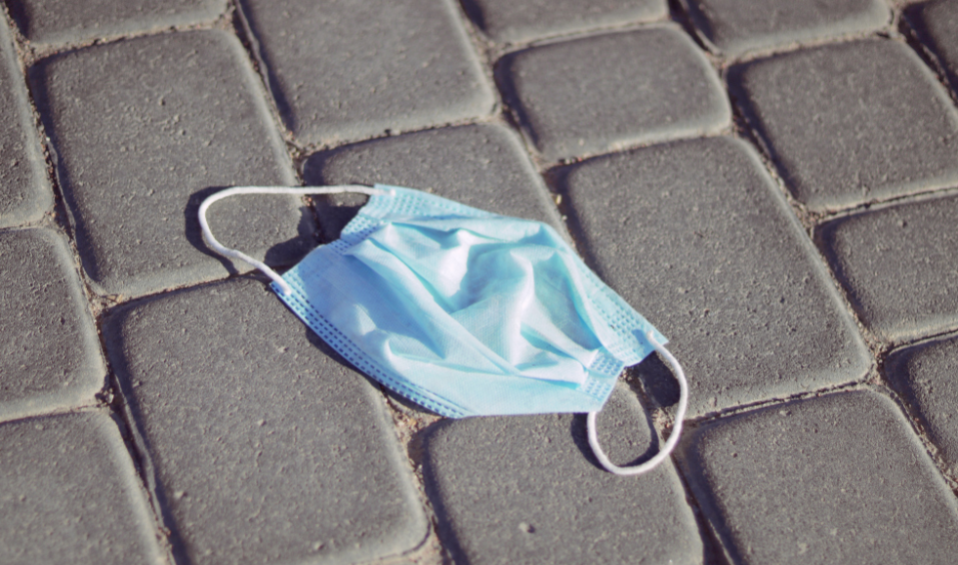The state of Missouri will begin labeling COVID-19 as an “endemic” within the next few weeks.
This shift has been in the works since December, and it follows a trend seen throughout the country. Pennsylvania and Colorado have begun to transition to the label of “endemic,” and California made news last month as the first state to do so.
“The pandemic was declared on March 11, 2020,” said Dr. Mary Anne Jackson, dean and professor of pediatrics at UMKC’s School of Medicine. “We are now approaching the anniversary where we hope to be placing the pandemic in our rearview mirror.”
At the state level, the endemic label means daily reports of cases and deaths will become weekly, case investigations and contact tracing will cease, and positivity rate reporting will be phased out.
For UMKC, this new designation will affect day-to-day operations and masking recommendations. Though the university hasn’t had a mask mandate in place since the fall semester, masks are currently strongly recommended in indoor spaces.
“Once we get to the stage in the pandemic—very soon—where the virus becomes endemic, we can go mask-free,” Jackson said.
However, an endemic status doesn’t guarantee that masking and social distancing recommendations are gone for good. It also doesn’t guarantee that UMKC won’t experience another surge in cases.
“There is a lot of confusion between the definitions of ‘pandemic’ and ‘endemic,’ particularly the assumption that endemic COVID-19 will be less severe,” said Dr. Jennifer Allsworth, an epidemiologist in the Department of Biomedical and Health Informatics at UMKC’s School of Medicine. “Currently, we hope, but do not know, that surges will become milder and more predictable given what we have learned about SARS-CoV2 in the last two years and the evolving proportion of the population with immunity due to vaccination or past infection.”
Allsworth mentioned a new tool from the CDC, COVID-19 Community Levels, that allows people to look at COVID conditions near them.
“[The tool] permits communities to evaluate which prevention steps to recommend based on the percent of hospital beds filled with COVID-19 patients, rate of hospital admissions and the total number of new COVID-19 cases,” Allsworth said.
This approach, Allsworth said, places a larger emphasis on protecting the health care system from being overwhelmed compared to previous approaches to COVID-19, which prioritized individuals.
For nursing student Ashley Sansone-McGrath, this new approach is good news.
Sansone-McGrath, a UMKC senior, said nursing students had trouble getting adequate clinical hours during the worst of the pandemic. Local hospitals were overwhelmed and short of staff, making this in-person training rare and competitive.
“Other nursing schools and medical schools in the area also needed those times, so we were fighting for spots,” Sansone-McGrath said.
Since an endemic status could mean less strain on local medical institutions, Sansone-McGrath said she thinks this new designation will allow more in-person opportunities for UMKC nursing students. She indicated that this could aid nearby hospitals, as more available training means more nurses ready to enter the workforce.
Both Jackson and Allsworth agreed that wearing masks indoors and keeping the UMKC community up-to-date on vaccinations will continue to be useful strategies during the endemic phase of COVID-19.
However, neither Jackson nor Allsworth agreed that Missouri is ready for endemic status.
“Across the US, cases and hospitalizations are continuing the steep decline—but many states, including Missouri, continue to have a substantial to high risk of community transmission,” Jackson said. “I anticipate we’ll be in a better situation in the next couple weeks.”
htbn87@umsystem.edu








